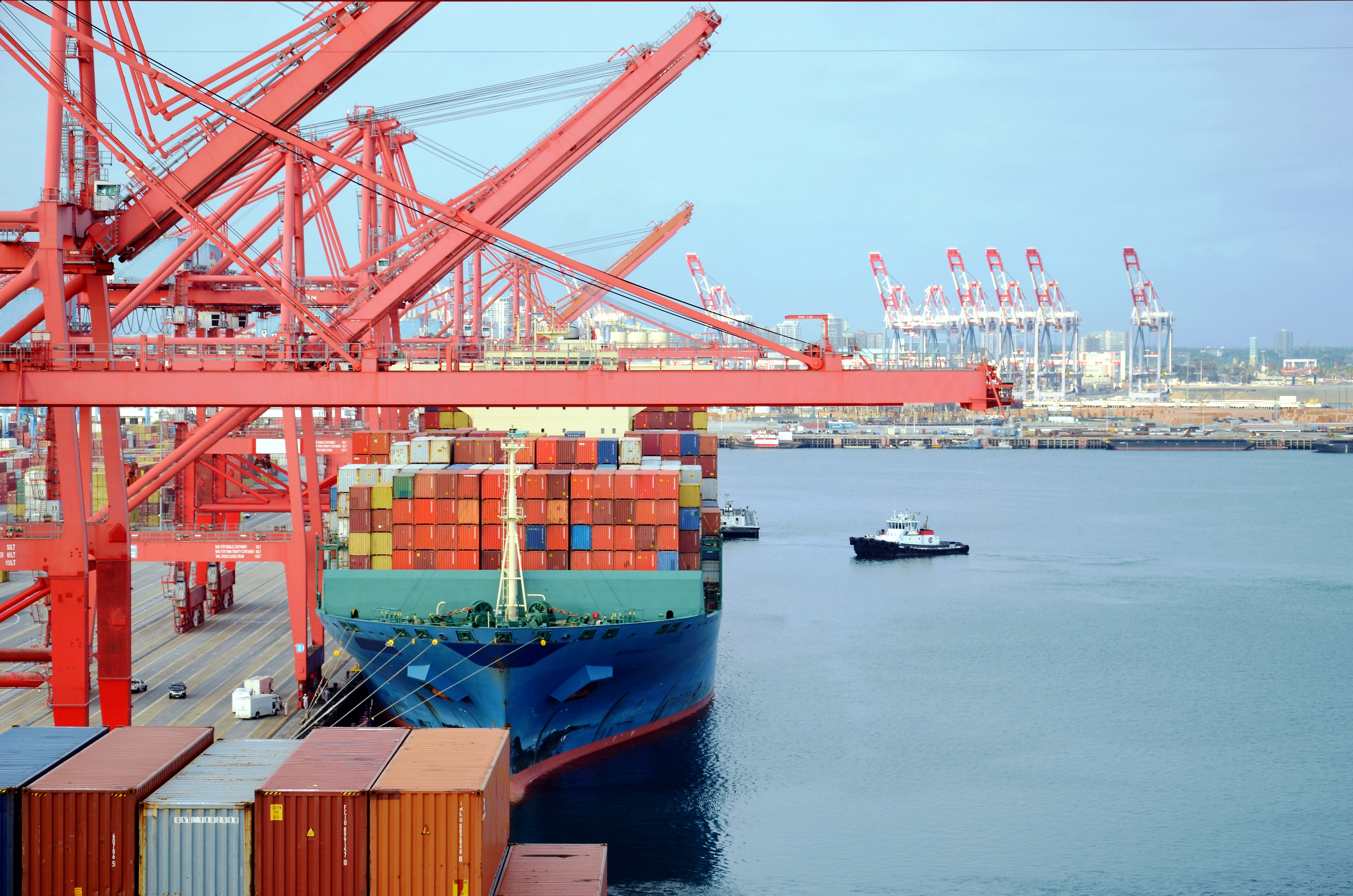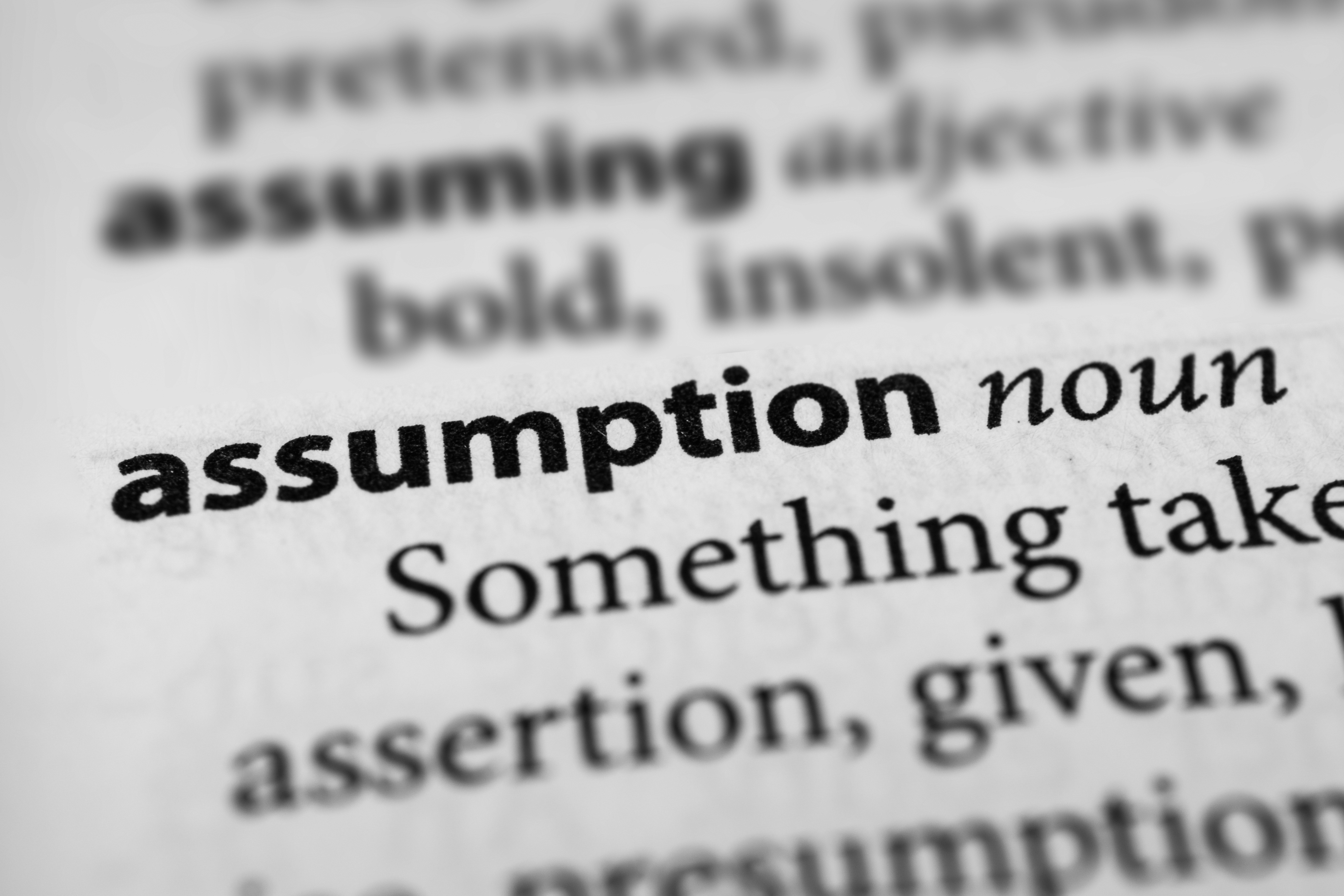Southern California has a massive port pollution problem, and the Los Angeles Times is on the story.
In January 2020, the Times noted that over one 24-hour period in port, a single cargo ship can create as much air pollution as 10,000 cars on the road. The report highlighted air quality officials who warned that by 2023, the ports of Los Angeles and Long Beach will become the region’s largest source of nitrogen oxide pollution – producing more than four times the amount of smog-forming emissions than the region’s passenger vehicles.
Later, in August 2021, the Times Editorial Board summarized the failures of local government to bring port pollution under control, noting that “air quality has been getting worse, not better, in recent years.”
Another Times editorial in late January 2022 confirmed the port pollution problem is, in fact, getting worse. The Editorial Board pointed to “supply chain problems, a backup of container ships and record cargo volumes” as the cause of “a recent surge in pollution” and “worsening smog from the harbor area to the Inland Empire.” The piece cited new data showing fine-particle pollution driven by the ports jumping more than 40% compared to previous years.
Given the continued – and warranted – focus on the port pollution issue in Southern California, we found it curious that the Times would so blatantly ignore the question when it comes to its advocacy on energy policies.
After all, the Times has repeatedly called for a shutdown of oil and gas production in California, and it is no secret that less in-state oil production will require an increase in foreign oil imports to meet demand.
In fact, studies show that halting in-state production would create demand for an additional 160 million barrels of foreign oil imports to California annually. At minimum, that would require an additional 80 oil tankers to unnecessarily traverse the planet and idle in ports up and down the California Coast, including in Los Angeles and Long Beach.
By railing against port pollution while advocating for policies that will make the problem much worse – all within a span of four days, no less – the Times is selectively ignoring obvious policy impacts and undermining its own credibility on important issues facing the region.
The Times Editorial Board would waste no time criticizing such a sloppy, incomplete consideration of policy impacts by a public official or a candidate for office. It should hold itself to the same standard.


